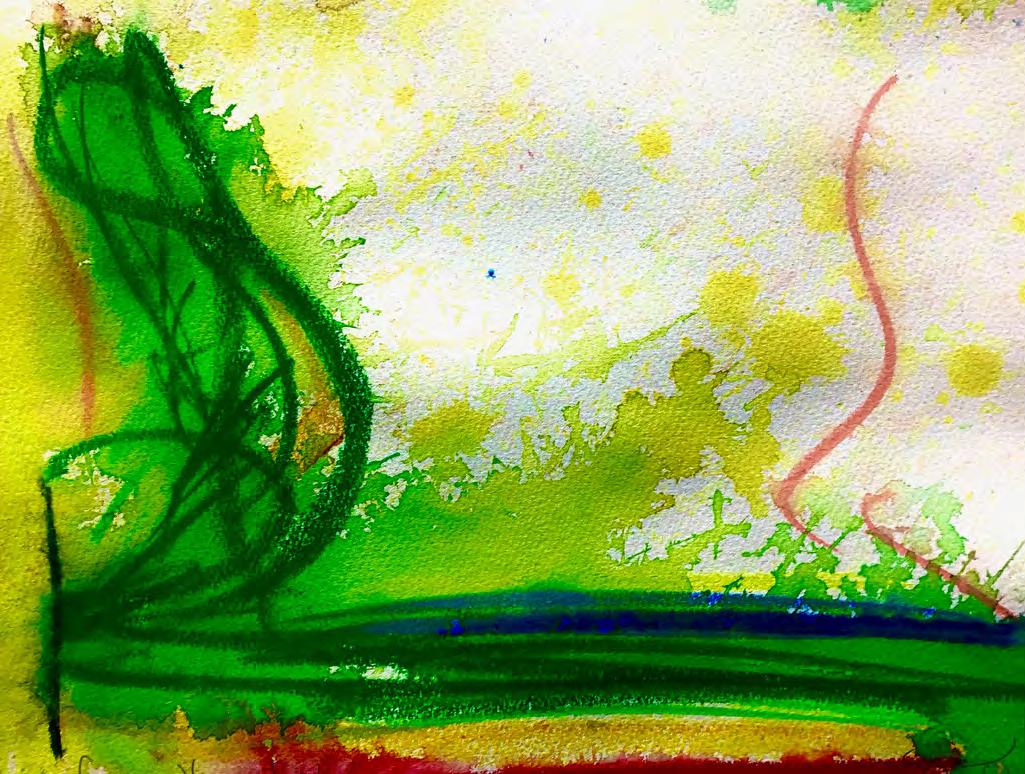The Toll Imposed by Confinement on Introverts and Extroverts Oscar Patel (B1 Re) All will undoubtedly admit that the effects of confinement have been drastic and gruelling to say the least; however, some may agree with this more strongly than others. Whilst I was originally researching the effects of lockdown on people, I decided to refine this and more specifically look at the effect on introverts and extroverts as individual bodies.
A Definition of Introverts and Extroverts Introverts are thought to be independent and require solitude to gather and develop their ideas. By contrast, the idea of requiring social interaction in order to thrive is associated with extroverts: they are dependent on others in order to help themselves; they are social creatures. In a study conducted by Debra Johnson and John S Wiebe they found a scientific difference between both personality groups. They conducted PET scans - which indicated brain activity among people who are considered shy (introverted) and gregarious (extroverted), following intensive personality testing. Importantly, free-thinking was encouraged before completing the test; the results were fascinating and showed distinct differences. For introverts, the results showed increased blood flow in the frontal lobes, the anterior thalamus as well as various other areas associated with memory, making plans and problem solving. All of these areas are known to be correlated to inward focus of thought, the key defining feature of introverts. On the other hand, for those classed as extroverts, the results showed more activity in the posterior thalamus and posterior insula, regions involved in interpreting sensory data. This data emphasises that extroverts rely on outward focus, they rely on noise and vision - sensory data - in order to comprehend their thoughts.
How Covid disrupts this Prior to Covid we lived in an arguably more extroverted society, therefore with lockdown restricting social gatherings, society has been disrupted. In many ways, society can now be considered more introverted; many have to rely on themselves as they aren’t able to rely on others as a stimulus. The most simplistic way to view this concept is to see humans as machines with a battery life, in order to recharge - introverts look inwards as they need solitude and space, whereas extroverts need socialisation in order to recharge. For extroverts, this has been a most challenging time and for introverts potentially easier. However, introverts have indubitably felt the toll of solitude as the lockdown carries on.
What each can do to help themselves in lockdown After finding varied suggestions as to introverts should do during lockdown, I found each response shared a key point. When at home with other family members, one needs to find at least two points throughout the day (probably separated in order to maximise effectiveness) to create a separate space so that one can relax and think. This can be accompanied by attempting to limit Zoom meetings. As for extroverts, while not preoccupied with solo tasks, the common idea was that extroverts need to find multiple times through the day where they can speak with friends virtually, or with family members in person, in order to fulfil their social needs and allow them to optimise their productivity during confinement.
Overall I have found this a fascinating topic to research, and I think it is important to refine questions such as these, as each person is different to another. Some answers to questions may fulfil one person’s needs but not others. In conclusion, I would recommend considering which group you fall under and potentially improve your lockdown experience with the ideas mentioned. 56






































